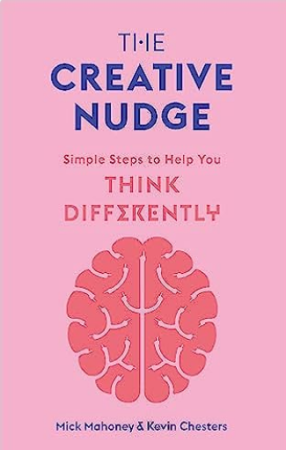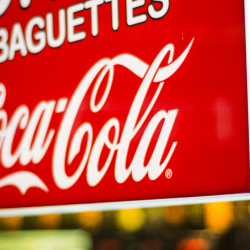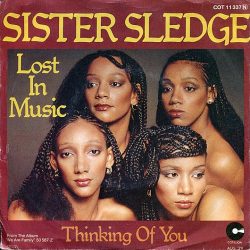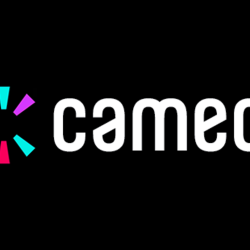Despite what you’ve been told lying isn’t a recent phenomenon
Lady Godiva didn’t ride naked around the streets of Coventry, Thomas Edison didn’t invent the lightbulb, Marie Antionette never uttered the words ‘let them eat cake‘ and the fiddle was only invented 1,000 years after Nero and the fire he supposedly ‘fiddled’ during in 64AD. Now I don’t know if lying is on the rise, but in her excellent TED talk (32m views and counting) Pamela Meyer — author of Liespotting — claims that in 21st century life we’re lied to, on average, up to 200 times a day.
It’s so true. You’ve been told so many lies over your lifetime that you believe to be true. You can see the Great Wall of China from Space? Rubbish, a total myth. It’s dangerous to wake a sleepwalker. You think? It’s statistically far more dangerous to let someone walk about unconscious with their eyes shut.
With the rise of the liars like Boris and Trump to the top table, giant side-of-bus whoppers like £350m to the NHS, and the platforms like Meta and Twitter helping to democratise fibbing on a global scale, it can sometimes seem like the truth is in short(er) supply these days.
But liars gonna lie and they always have, so what can we do about it?
Contrary to popular belief — and oft repeated trope at dinner parties I attend — advertising and advertisers are far more truthful than most. Politicians don’t have an equivalent body that vets and evaluates every claim they make like TV and radio advertisers do. When you’re gossiping in the pub about who is sleeping with who you’re rarely assailed by an army of fact checkers.
I’m not sure I’d call it lying, but the biggest issue that I think we face in our industry is the blind acceptance of myths, tropes or received wisdom as gospel. I repeatedly hear people in meetings often trotting out the usual lazy fallacies: like young people don’t watch TV, you can’t use posters for response, TikTok is just for teenagers, only grandmas use Meta these days, B2B advertising is more rational than emotional, etc.
Such myths are quite often rather easy to dispel with just the most cursory of searches. According to the latest figures I saw from May 2023, 18–34-year-olds watch the same percentage of linear broadcast TV per week as they do YouTube. One third of all TikTok users are over the age of forty, and 10% are over 50. Facebook still has 1.9bn people who log into their account EVERY DAY (that’s 66% of their 2.9bn monthly active users). Google research proved that B2B purchasers are more emotional than B2C in purchase decisions.
In our book, The Creative Nudge, Mick and I have a lot to say on this matter — Chapter 2, Don’t Believe What You’re Told. Received wisdom is the worst kind of wisdom to receive. If you’re going to do new things, take brands to new places, help clients to break the mould or create genuine innovation in all areas of your life then you’re going to have to question the status quo.
Because in a lot of cases the status quo is simply lazy bollocks. Sorry. But it is.
It’s usually someone — lazy, scared, thick or all three — with a vested interest in keeping things exactly as they’ve always been. And they often get away with it because they are what was described to me lately as the Zebra in the Room — Zero Evidence But Really Annoying.
Creativity is the pursuit of the truth, or new truths. It is a way of finding different and better answers to age old questions. It is often a way to break lazy tropes, myths, and accepted practices. But it’s not easy. As we can see from Great Walls to Fiddling Emperors, untruths are persistent, pervasive, and stubborn as knotweed. But push on, challenge everything — it’s how you’ll get to new places.
Don’t always be sold on the first thing you’re told.
Featured image: Magda Ehlers / Pexels
































